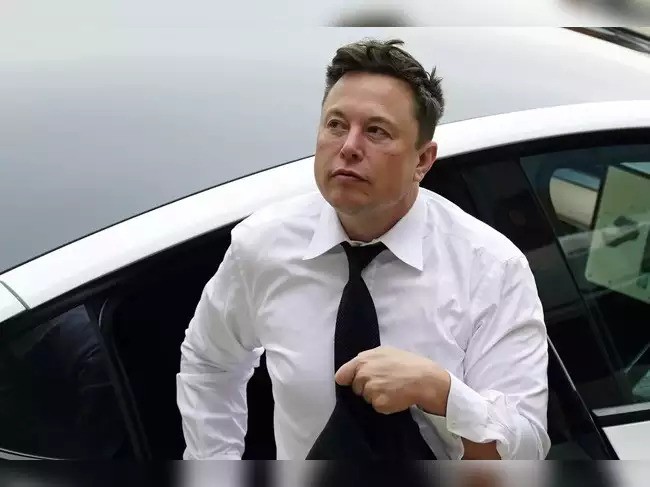In a stunning move, powerful global voices are calling for the arrest of billionaire Elon Musk, accusing him of allowing too much freedom of speech on his platform, X. Over the past month, the left-wing Guardian newspaper has published three separate op-eds pushing for Musk’s arrest, penned by in-house columnist Jonathan Freedland, former Twitter VP Bruce Daisley, and former U.S. Secretary of Labor Robert Reich. Their shared complaint? According to American laws, Musk is simply operating X, formerly known as Twitter.
American Rules vs. Global Censorship Demands
It’s important to note that X isn’t the first, nor will it be, the last, open-access publishing platform that adheres to U.S. content moderation laws rather than bowing to foreign censorship demands. As part of American regulations, platforms like X are protected under the First Amendment and Section 230 of the Communications Decency Act.
These laws ensure that Americans have near-absolute rights to nonviolent expression on matters of public concern and shield publishers from liability for user-generated content they didn’t pre-approve.
Although Musk is a polarizing figure, there’s one thing everyone can agree on: “he is an American.”
As critics point out, Musk’s American citizenship allows Him to use his wealth and the U.S. Constitution to protect free speech on a global scale.
With the First Amendment as his shield, no country, whether Brazil, the European Union, or the United Kingdom, can strip him of these rights while operating within U.S. borders.
Global Governments Struggle with Free Speech

Musk’s determination to allow open discussion on X has ignited frustration among international powers, particularly in Europe. Critics want tech companies to suppress American-style free speech globally, but as long as U.S. laws protect platforms like X, these efforts will face significant hurdles.
Freedland, Daisley, and Reich argue that the rise of far-right extremism in Europe justifies harsher speech regulations. However, clamping down on speech under the guise of fighting extremism only gives governments more extraordinary censorship powers.
Smaller companies continue to offer the same freedoms as X, reinforcing that American servers will always provide safe spaces for free expression online.
Brazil’s Battle with X: A Case Study in Global Censorship
Brazil’s ongoing conflict with X underscores how far governments are willing to suppress free speech. When X refused to name a local representative in Brazil, the country’s supreme court ordered the platform’s removal from Google and Apple app stores. Brazilian citizens were even threatened with fines for accessing X. Additionally, the court ordered the seizure of Starlink’s bank accounts in Brazil—an unprecedented move, considering Starlink and X are separate entities.
No coherent legal system would typically hold one company accountable for the actions of another, yet Brazil seems determined to do just that. The only link between X and Starlink is that Musk partially owns both companies.
Europe’s History of Censorship: A Warning for the Future
Musk’s free speech stance has ignited fierce debate across Europe, where censorship laws have a long and brutal history. Historically, Europe has used censorship to silence dissenting voices, often with tragic outcomes. One infamous example comes from 1693 when printer William Anderton was executed for referring to the English king as the
“Prince of Orange” —a true statement, but one was deemed treasonous at the time.
This dark legacy is precisely why the U.S. Constitution includes the First Amendment, which ensures that Musk, or any other American, cannot be punished for running a platform like X.
Far-Right Fear vs. Expanding State Power
European leaders argue that the rise of far-right politics justifies stricter speech regulations. Yet history shows that granting the state more censorship power rarely leads to positive outcomes. It has often resulted in catastrophic failures, from apartheid-era South Africa to the Weimar Republic and the Soviet Union.
If Europe truly fears a political shift to the far right, the solution isn’t silencing voices. Instead, creating strong institutions that limit state overreach would provide more lasting protection against political extremism. Expanding state censorship powers could backfire if the very forces governments seek to suppress gain power and use those same laws to crush their opposition.
The Future of Free Speech
Ultimately, the push to arrest Musk and silence American-style free speech platforms like X raises broader questions about global freedom. As the battle over who controls speech intensifies, it’s clear that no amount of censorship will ever entirely suppress dissent. Musk’s battle is only the beginning for those fighting to maintain free speech.
Ultimately, no matter how far governments are willing to go, one thing remains certain: as long as the United States protects free speech, Americans will find ways to keep it alive at home and abroad.



